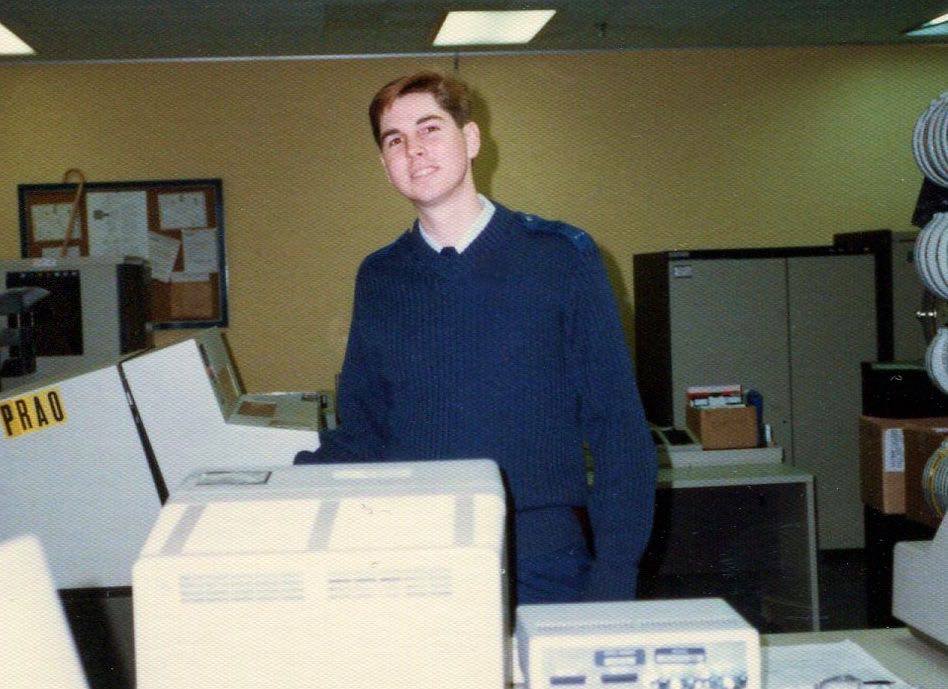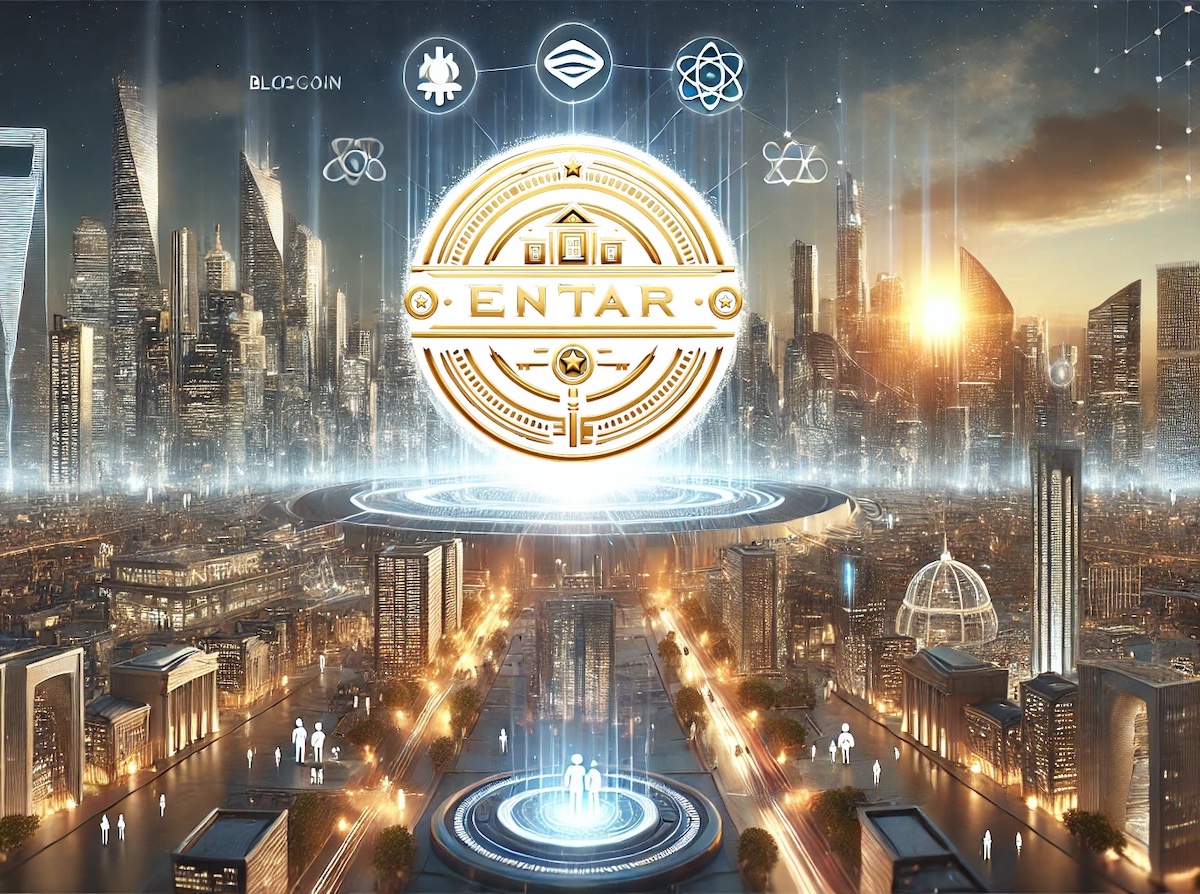Summary, Analysis Review and Update | Decentralized Finance
FINTECH NEWS — Investment champ Reggie Middleton’s patent, titled “Devices, Systems, and Methods for Facilitating Low Trust and Zero Trust Value Transfers,” aims to enable parties with little or no trust in each other to enter into and enforce value transfer agreements. These agreements can be conditioned on input from or participation of a third party, enabling transactions over arbitrary distances without special technical knowledge of the underlying transfer mechanism. The patent addresses the challenges and inefficiencies of traditional financial systems, particularly those relating to trust and the involvement of intermediaries. | PDF
Key aspects of the patent:
- Trust and Market Efficiency: It highlights how market efficiency increases with the degree of trust between transacting parties. Conversely, rent extraction and decrease in trust are proportional to the market size. This necessitates mitigating trust issues in larger markets, often at significant costs.
- Decentralized Digital Currencies: The patent discusses the rise of decentralized digital currencies like Bitcoin and Ethereum. These currencies operate by maintaining a ledger (blockchain) of all transactions validated by network consensus. The concept of ownership in these systems is based on who can control a transaction output, as validated by the majority of network participants.
- Innovative Use of Cryptocurrency Protocols: The document delves into the Bitcoin protocol and similar technologies, explaining how transactions are conducted and validated. It emphasizes the potential for more complex transactions beyond simple payments, which are often not accessible to laypersons due to their complexity.
- Swap and Letter of Credit (L/C) Transactions: The patent explores how the invention can facilitate different forms of value transfers, such as swaps and L/Cs, traditionally distinct financial instruments. It provides examples of how parties can engage in transactions like betting on currency value changes or exchanging currency exposures.
- Automated Transaction Facilitation: It proposes systems where clients and facilitators (which could be software entities) interact over networks like the internet to execute transactions. These systems would use digital currencies as a transfer mechanism, and clients could include automated processes for initiating or responding to offers based on observed state changes.
- Mechanism for Dispute Resolution and Risk Mitigation: The patent also addresses mechanisms for dispute resolution, risk mitigation, and the role of intermediaries or facilitators in transaction execution.
- Accessibility and User Interface Considerations: It discusses the inclusivity of the system, ensuring it is accessible to people with different abilities, using various display and input devices.
The patent is technical and comprehensive, covering the minutiae of implementing low trust and zero trust value transfers using modern digital and cryptographic technologies. It represents a significant step in the evolution of decentralized finance (DeFi) by providing detailed methodologies for facilitating complex financial transactions in a trustless environment, leveraging blockchain technology and smart contracts.
Technical details and diagrams of the patent
The technical details of Reggie Middleton’s patent are intricate, focusing on the mechanisms of decentralized digital currency transactions. It provides a detailed framework for implementing low trust and zero trust value transfers using blockchain technology. The patent includes numerous diagrams and flowcharts that visually represent the processes involved in these transactions. These diagrams illustrate the relationships and interactions between various entities, such as clients, facilitators, and transfer mechanisms within the system. One key aspect shown in the diagrams is how transactions are structured, including the formation of commit transactions, refund transactions, and disbursement transactions. The patent meticulously describes how these elements interact, focusing on ensuring secure and efficient value transfers without requiring a high degree of trust between parties. The diagrams are integral to understanding the complex sequence of operations, including how commitments are made, how conditions for transfer are established and met, and the role of intermediaries or facilitators in overseeing and validating these transactions. Overall, the technical details and diagrams present a comprehensive system for executing secure, decentralized finance operations in a blockchain environment.
How strong and defensible the patent is compared to the average patent
Evaluating the strength and defensibility of Reggie Middleton’s patent relative to the average patent involves considering several factors, including its innovativeness, the specificity of its claims, and the breadth of its applicability in the rapidly evolving field of decentralized finance (DeFi). This patent appears to be robust due to its detailed technical specifications and comprehensive diagrams that meticulously outline the mechanisms of decentralized digital currency transactions. The thoroughness in describing the processes, particularly in the context of low trust and zero trust value transfers, demonstrates a high level of innovativeness and technical depth. Moreover, the patent’s focus on blockchain technology and its applications in finance positions it at the forefront of a significant technological shift, potentially increasing its relevance and applicability. However, the dynamic and rapidly advancing nature of blockchain technology and DeFi could also pose challenges, as the emergence of new technologies might affect the patent’s long-term defensibility. The patent’s strength also hinges on its ability to withstand legal scrutiny and challenges in intellectual property disputes, a common occurrence in technology-driven sectors. While the patent appears strong in terms of technical detail and innovation, its ultimate defensibility may depend on external factors like market evolution and legal challenges in the competitive field of blockchain technology.
Triumph Against Titans: How Reggie Middleton’s DeFi Patent Recently Prevailed in a David vs. Goliath Legal Battle:
Reggie Middleton’s Update on His DeFi Patent’s Legal Journey
The Beginning of the Legal Battle
About 13-14 months ago, Reggie Middleton’s company Veritaseum filed a lawsuit against Coinbase for patent infringement. They believed Coinbase had infringed on a patent and reached out to discuss it, but found Coinbase uncooperative. Following a lack of progress in discussions, they decided to file a lawsuit. Middleton believed the lawsuit had strong merit and validity.
Tragic Turn of Events
In a shocking and unexpected turn of events, Middleton’s attorney Carl I. Brundidge, who was a personal friend and a highly skilled patent attorney, passed away. This happened a month after filing a second lawsuit against Circle for similar patent infringement issues.
The Legal Strategy and Challenges
After the passing of his attorney, Middleton decided to withdraw the lawsuits. Meanwhile, Coinbase filed an Inter Partes Review (IPR) petition, seeking a trial to invalidate Middleton’s patent. Coinbase and Circle hired large, aggressive law firms for their defense. These firms filed a petition to try to stay litigation and break the patent of Middleton’s invention, a common strategy used by big companies against smaller inventors.
The Patent Office’s Decision
The Patent Trial and Appeal Board (PTAB), after several months of deliberation, refused to grant Coinbase a trial. They concluded that Coinbase did not demonstrate a likelihood of prevailing on at least one claim of the entire patent. This decision implied that the patent was valid, as the evidence produced by Coinbase wasn’t strong enough to warrant a trial.
The Implications and Future Steps
This decision by the PTAB is significant. It not only upholds the validity of Middleton’s patent but also restricts Coinbase from challenging the patent again. Middleton now stands in a strong position with a valid U.S. patent, along with two Japanese patents.
The Larger Picture and the Patent System
Middleton’s journey highlights the challenges and resilience required in defending intellectual property rights, especially against larger, well-funded entities. His experience underscores the effectiveness of the American patent system in protecting inventors’ rights, regardless of their size or resources.
The Call to Action
Middleton encourages the audience to spread awareness about his situation. He suggests reaching out to influencers and media to share his story, emphasizing the significance of his victory in the patent dispute and its implications for the DeFi and blockchain industry.
Reggie’s Patent Prevails
Reggie Middleton’s legal journey with his DeFi patent is a testament to the challenges and triumphs of small inventors in the face of large corporations. His experience sheds light on the intricacies of patent law and the importance of protecting intellectual property in the rapidly evolving world of technology and finance. As he continues to navigate this journey, his story serves as an inspiration and a cautionary tale for innovators and entrepreneurs in the digital age.
The outlook regarding the strength of Reggie Middleton’s patent is quite positive from his perspective, as mentioned in his recent Crypto Blood video interview. The key points that indicate the strength of his patent are:
- Patent Trial and Appeal Board’s Decision: The Patent Trial and Appeal Board (PTAB) refused to grant Coinbase a trial in their Inter Partes Review (IPR) petition. This decision implies that the PTAB did not find Coinbase’s arguments against the patent convincing enough to even warrant a trial. This is a strong indicator of the patent’s validity.
- Restriction on Future Challenges: As a result of the PTAB’s decision, Coinbase is reportedly not allowed to challenge Middleton’s patent again. This limitation further strengthens the position of the patent, as it reduces the likelihood of future legal disputes over its validity from one of the major challengers.
- International Patents: In addition to the U.S. patent, Middleton also has two Japanese patents, which suggests that his invention has been recognized and protected in multiple jurisdictions, further reinforcing the strength of his intellectual property.
- Implications of the Decision: The refusal of the PTAB to grant a trial to Coinbase and the implied validation of the patent’s claims suggest that Middleton’s patent is legally robust. This outcome is particularly significant given the resources and legal firepower that Coinbase and Circle brought to challenge the patent.
The Real McCoy
His legal journey and the outcomes suggest that Reggie Middleton’s DeFi patent is strong and has withstood significant legal scrutiny, particularly from well-funded and resourceful entities in the cryptocurrency and blockchain industry.
Get a free list of the best investments during stagflation. Fill out the online form:

Copyright © This free information provided courtesy Entar.com with information provided by Corey Chambers, Broker DRE 01889449. We are not associated with the seller, homeowner’s association or developer. For more information, contact 888-240-2500 or visit WeSellCal.com Licensed in California. All information provided is deemed reliable but is not guaranteed and should be independently verified. Text and photos created or modified by artificial intelligence. Properties subject to prior sale or rental. This is not a solicitation if buyer or seller is already under contract with another broker.











